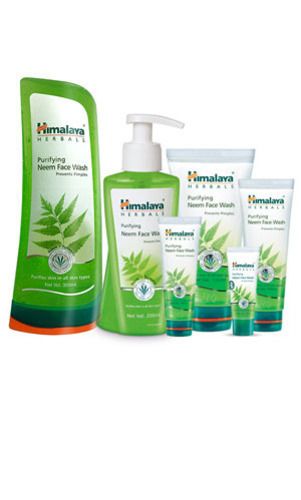Medical Benefits Of Neem
Jul 19, 2019 • 2 views
For centuries, agents derived from natural sources (mother nature), especially plants have been the primary source of medicine. Neem, also referred to as Azadirachta indica is one such plant that has been so named because it provides freedom from all diseases, and used for thousands of years in Indian and African continents. Different parts of the plant including flowers, leaves, seeds and bark have been used to treat both acute and chronic human diseases; and used as insecticide; antimicrobial, larvicidal, antimalarial, antibacterial, antiviral, and spermicidal.
Azadirachta indica, commonly known as neem, has attracted worldwide prominence in recent years, owing to its wide range of medicinal properties. Neem has been extensively used in Ayurveda, Unani and Homoeopathic medicine and has become a cynosure of modern medicine. Neem elaborates a vast array of biologically active compounds that are chemically diverse and structurally complex. More than 140 compounds have been isolated from different parts of neem. All parts of the neem tree- leaves, flowers, seeds, fruits, roots and bark have been used traditionally for the treatment of inflammation, infections, fever, skin diseases and dental disorders. The medicinal utilities have been described especially for neem leaf. Neem leaf and its constituents have been demonstrated to exhibit immunomodulatory, anti-inflammatory, antihyperglycaemic, antiulcer, antimalarial, antifungal, antibacterial, antiviral, antioxidant, antimutagenic and anticarcinogenic properties. This review summarises the wide range of pharmacological activities of neem leaf.
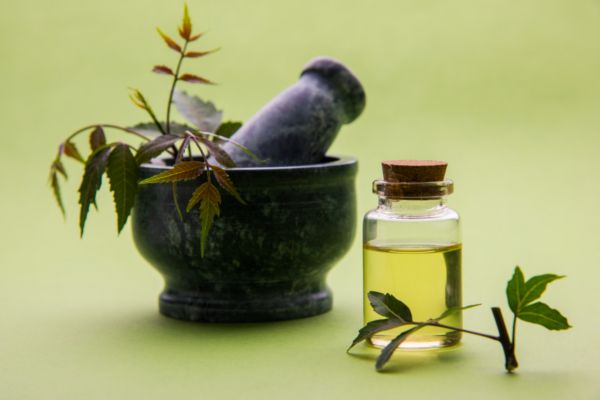
Uses of Neem :
Lice
neem is an effective anti-lice and anti-nit agent. The study only tested 12 children withlice, but all were completely lice- and nit-free after treatment with a neem-based shampoo. No lice were present for 7–10 days after treatment, and there were no side effects.
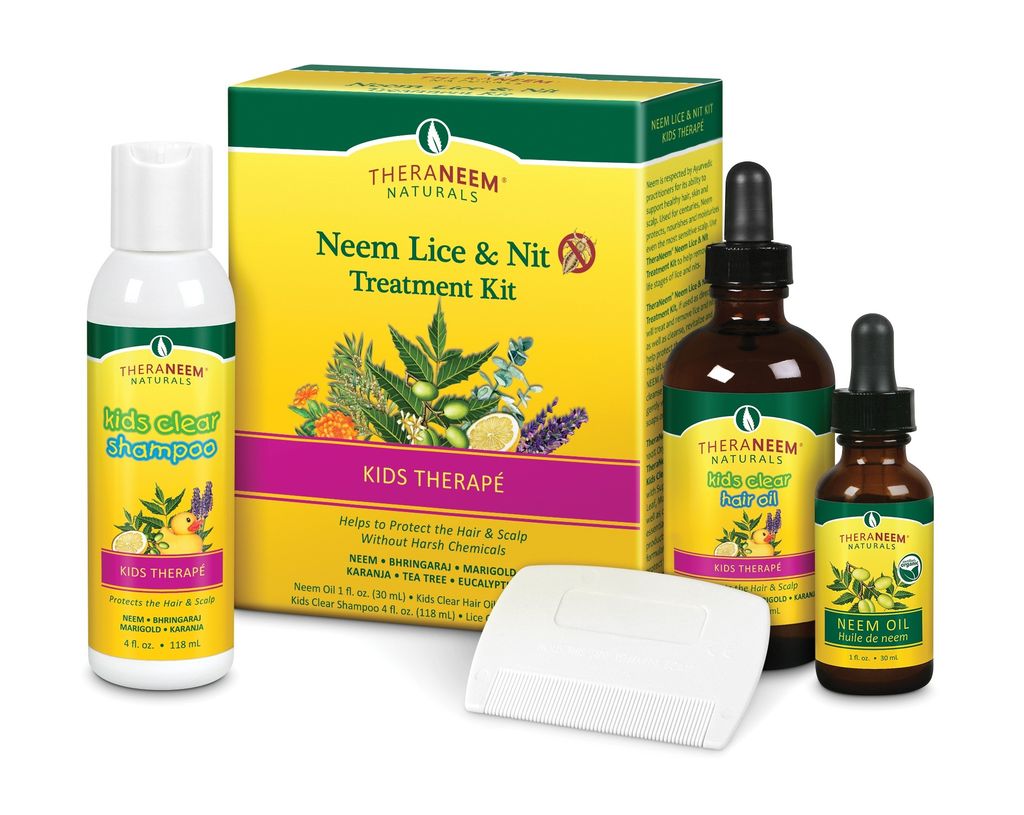
Dandruff
Neem is a popular ingredient in several anti-dandruff shampoos. Although there has been no research to support its use, neem is an anti-inflammatory and an anti-microbial, which may help reduce the symptoms associated with dandruff.
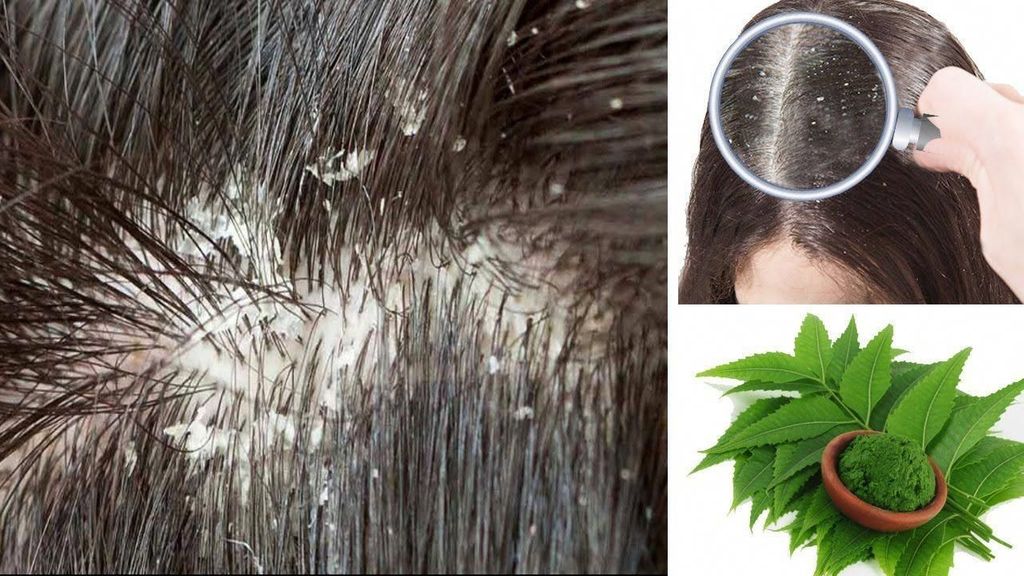
Mosquitos
As neem is effective against mosquitoes, it may also have anti-malarial properties.Malariais a parasite that some mosquitoes carry. It causes around219 million illness and 435,000 death world wide each year.
Antioxidant
Neem is a strongantioxidant neutralizing free radicals that may influence the development of some conditions. It is also a strong anti-inflammatory agent. Neem has antimicrobial effects and may be effective against several types of bacteria, viruses, and fungi.
Dental products
including mouthwashes, toothpastes, and tooth powders, can also contain neem. Neem can reduce pain from toothache and improve dental health by cleaning the teeth and gums and alleviating gingivitis.
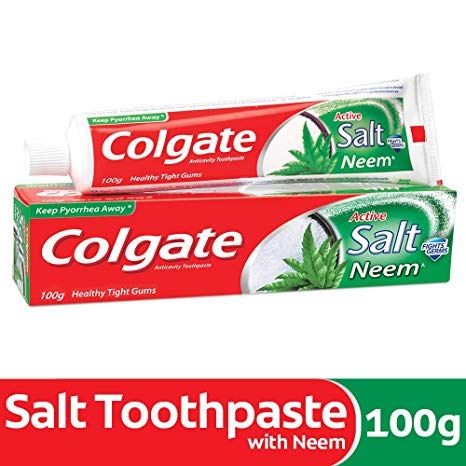
Skin care products
People most frequently use neem in hair and skin care products. Some people take neem extract capsules, but there is not currently enough research to say whether they have any medical benefits.
